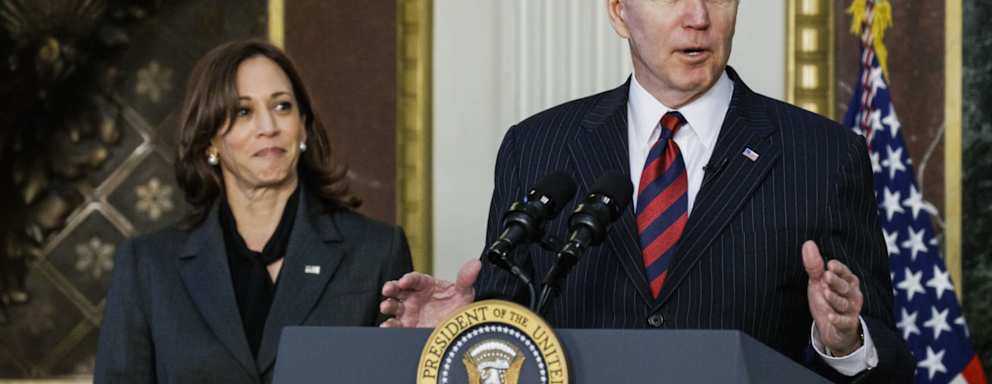Biden Extends Pause on Federal Student Loan Payments Through August
 Credit: Bloomberg / Contributor / Bloomberg / Getty Images
Credit: Bloomberg / Contributor / Bloomberg / Getty Images- Payments and interest accrual on federal student loans will be paused through Aug. 31.
- Tens of millions of borrowers have benefitted from the prolonged pause.
- The president’s announcement did not address widespread student debt cancellation.
President Joe Biden has again extended the pause on federal student loan payments, arguing millions of Americans would face “significant economic hardship” were payments to resume in May.
Payments and interest accrual on federal student loans will now be paused through Aug. 31, Biden and the Department of Education announced Wednesday morning. It is the fifth extension of the payment pause and the second by Biden, who last December extended the moratorium until April 30.
It was first instituted in March 2020 when Congress passed the CARES Act as the pandemic rippled through the U.S. economy. By the time this extension expires on Sept. 1, some federal student loan borrowers will have gone nearly 2.5 years without making a payment or accruing interest.
“If loan payments were to resume on schedule in May, analysis of recent data from the Federal Reserve suggests that millions of student loan borrowers would face significant economic hardship, and delinquencies and defaults could threaten Americans’ financial stability,” Biden said in a statement.
Democratic lawmakers celebrated the president’s latest extension.
“Last week, we led nearly 100 Members of Congress in urging the President to extend the pause on student loan payments,” a group of lawmakers led by Sen. Elizabeth Warren and Senate Majority Leader Chuck Schumer said in a statement. “Today, President Biden heeded our calls and delivered critical relief to millions of Americans.”
“Approximately 26.6 million borrowers in the U.S. are expected to enter repayment once the pause expires.”
Approximately 26.6 million borrowers in the U.S. are expected to enter repayment once the pause expires. Total student debt is nearing $1.9 trillion, according to the Student Debt Crisis Center.
According to the Department of Education, borrowers previously in default will be able to resume payments in good standing when the moratorium ends. They will have delinquency and default statuses cleared, giving them a “fresh start,” the department said in a statement. It did not, however, go into detail about how this “fresh start” will function.
Approximately 5.1 million borrowers were in default at the end of 2021.
It is unclear whether this will be the last extension. Political pundits have hypothesized that were the moratorium to be extended until the end of this year, it could be a boon to Democrats in November’s midterm elections.
Progressive Democrats and student advocates have pleaded for the president to go one step further and cancel all debt or up to $50,000 per person. The president has signaled in the past that if he were to cancel student debt, it would be up to $10,000 per person.
“While the extension is welcome, a looming restart of student loan payments in September underscores the importance of swift executive action on meaningful student debt cancellation,” Warren and Schumer wrote in their joint statement.
Biden’s statement on the payment pause extension did not mention debt cancellation.
So far in his presidency, he has taken more targeted approaches to debt forgiveness through borrower defense claims and a temporary waiver for those seeking forgiveness through the Public Service Loan Forgiveness program.